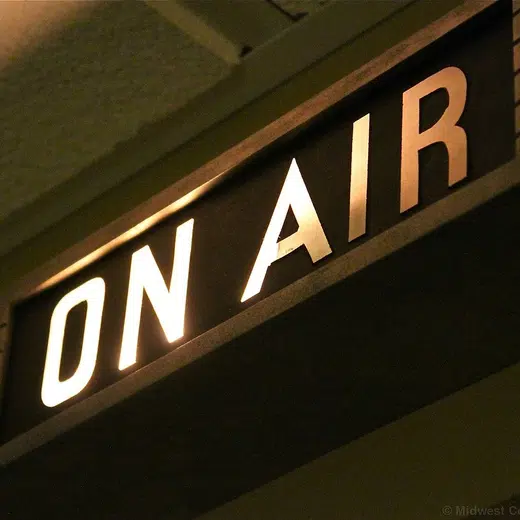TAIPEI (Reuters) – Taiwanese fighter jets landed on a makeshift runway on a highway strip on Wednesday overseen by President Tsai Ing-wen as annual drills reached their peak, skills that would be needed in the event China attacks and targets Taiwan’s vulnerable air bases.
China has been ramping up its military pressure against the island it claims as “sacred” Chinese territory, hoping to force the democratically elected government to accept Beijing’s sovereignty, including with repeated exercises near Taiwan.
Tsai, re-elected by a landslide last year on a pledge to stand up to China, has made modernising Taiwan’s mainly U.S.-equipped military a priority, turning it into a “porcupine”, both highly mobile and hard to attack.
Three fighters – an F-16, French-made Mirage and a Ching-kuo Indigenous Defence Fighter – plus an E-2 Hawkeye early warning aircraft landed in rural southern Pingtung county on a highway strip specially designed to be straight and flat for rapid conversion from a road into a runway.
“Such splendid combat skills and rapid and real actions come from solid everyday training and also demonstrate the confidence of the Republic of China Air Force in defending its airspace,” Tsai wrote on Facebook, referencing Taiwan’s formal name.
Taiwan has five emergency highway runways across the island which can be pressed into service in the event a Chinese attack takes out air force bases, meaning the air force will still be able to operate.
The majority of Taiwan’s air bases are on its flat west coast, facing China, and would likely come under almost immediate heavy missile and aerial bombardment in case of war.
Taiwan’s mountainous east coast is home to two other air bases, with hangers hewn deep into the rock, providing much more solid protection.
The week-long Han Kuang drills are taking place around Taiwan, with other exercises to practise repelling a Chinese invasion, protecting critical infrastructure and night operations, though the highway drills are the most dramatic.
Taiwan’s air force scrambles on an almost daily basis to intercept Chinese aircraft that fly into the island’s air defence zone, mostly close to the Taiwan-controlled Pratas Islands at the top part of the South China Sea.
(Reporting by Ben Blanchard; Editing by Stephen Coates)




